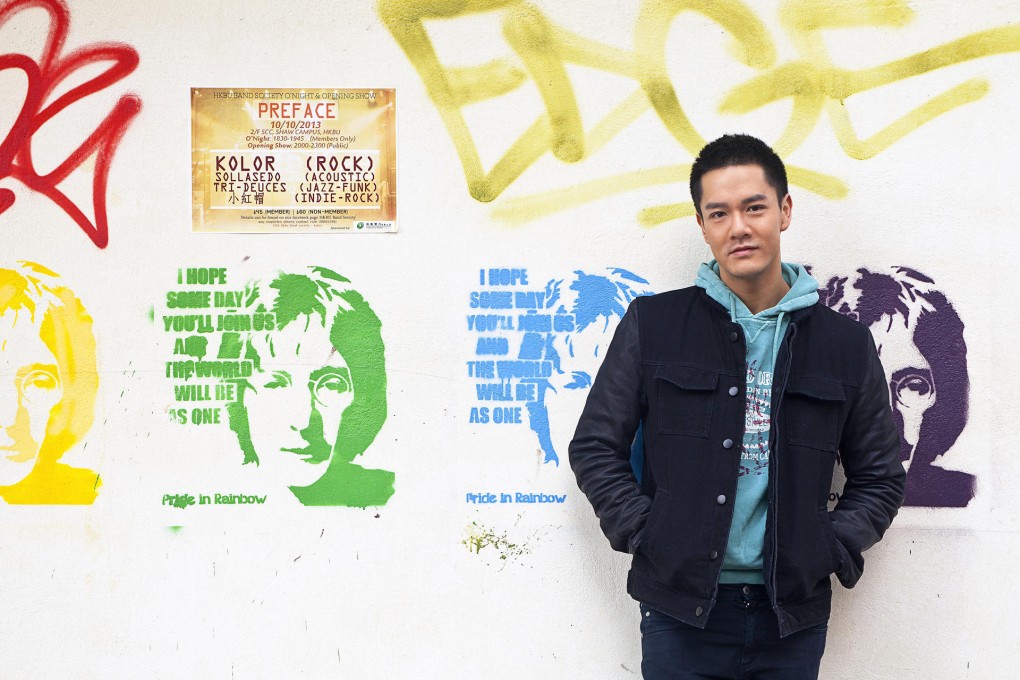Personal losses lead singer Pong Nan to a new maturity
After experiencing personal losses, Pong Nan's music has a new maturity, writes Rachel Mok

From playing the piano in shopping malls to becoming one of the most prolific singer-songwriters in Hong Kong, 35-year-old Pong Nan Yik-pong has come a long way.
But it has been a rough ride. Nan says he hit rock bottom during the past two years: his mother and grandmother died, and a 10-year relationship ended. But he's a firm believer in the saying, "what doesn't kill you makes you stronger".
I got to the point where I was really frustrated. Why does everyone have to be a monk or a nun?
And that's why Nan's latest five-track EP, Grace and Beauty, is by far his most mature and sophisticated work. A musical journal of those low years, the album was originally scheduled for digital release only but Nan was reluctant to limit his music. "I am a musician, a singer-songwriter. We don't present music by releasing single songs. We are presenting a concept, a holistic picture that requires more than one track," says Nan.
Still, he prepared for the digital release by producing a string of digital singles throughout 2013. "Every single has to be a hit, so basically it was a form of training for me to write hit after hit," he says, shrugging his shoulders and smiling. And the training paid off: the first three singles - the retro-electro You Are So London, I Am So New York and piano ballads Alaska and Cheers - went to the top of the local charts, so his label approved a physical release of Grace and Beauty.
His career in the music industry has not always been plain sailing: the Hong Kong-born Canadian returned to the city after graduating from an American university and released several albums, winning critical acclaim but not huge commercial success. He is mostly known as the composer and lyricist for big names including Andy Lau Tak-wah, Sammi Cheng Sau-man and Miriam Yeung Chin-wah.
When it comes to his solo work, Nan likes to provoke. His previous album, Hao Feng Guang (A Wonderful Sight), was a bold attempt at testing the limits of Hong Kong's music lovers. The EP explored the dark side and desires of urban life. "Here, artists have to [have the image of] a boy scout or girl scout," he says. "I got to the point where I was really frustrated. Why does everyone have to be a monk or a nun?" And so he decided to do something in-your-face and intimidating, and that EP paved the way for Grace and Beauty. "People started to take my music seriously again and realised what I am capable of doing," he says.
Nan's run of bad luck started after the release of Hao Feng Guang. His mother died of cancer and not long after he lost his grandmother as well. He ended up suffering from clinical depression - but this also led to a process of awakening. "When I was in my 20s I tried really hard to appear different … I had to come off as this complex, different and unique person." With hindsight, he realises this came from his insecurity and a lack of confidence.